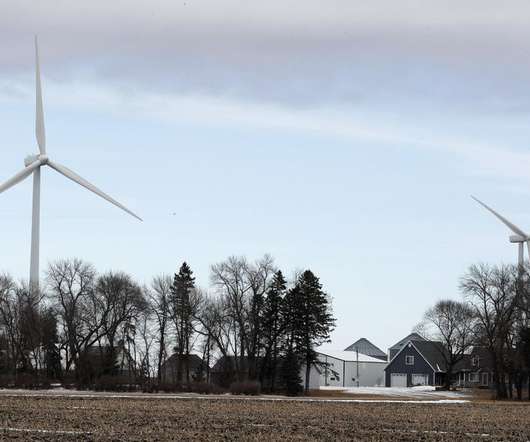Iowa State team develops hybrid technology to create biorenewable nylon
Green Car Congress
FEBRUARY 9, 2016
Engineers at Iowa State University have developed a hybrid process that combines bio- and electrocatalysis to convert glucose into bio-based unsaturated nylon-6,6—which has the advantage of an extra double bond in its backbone that can be used to tailor the polymer’s properties. Hybrid conversion of glucose into UPA-6,6.





















Let's personalize your content